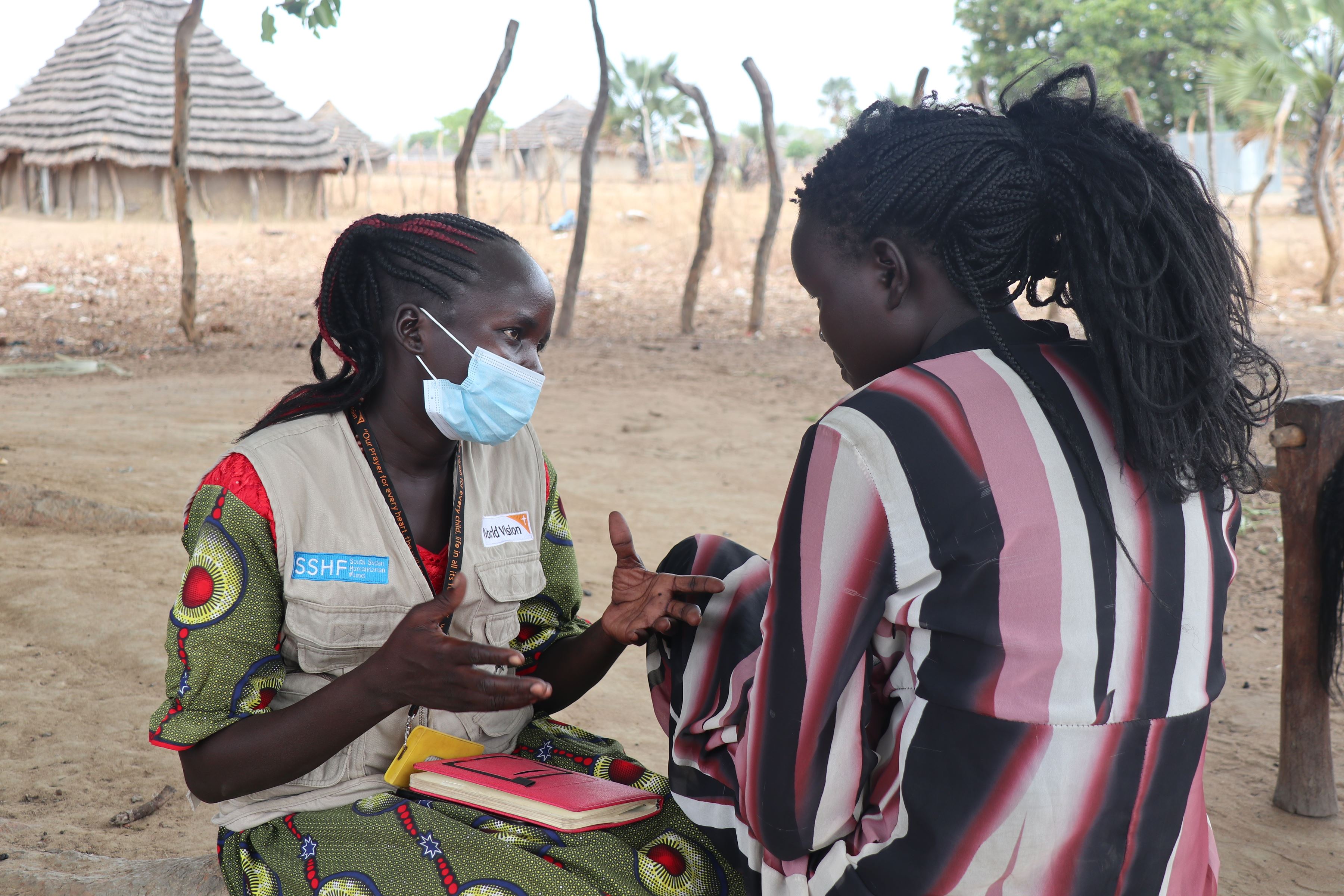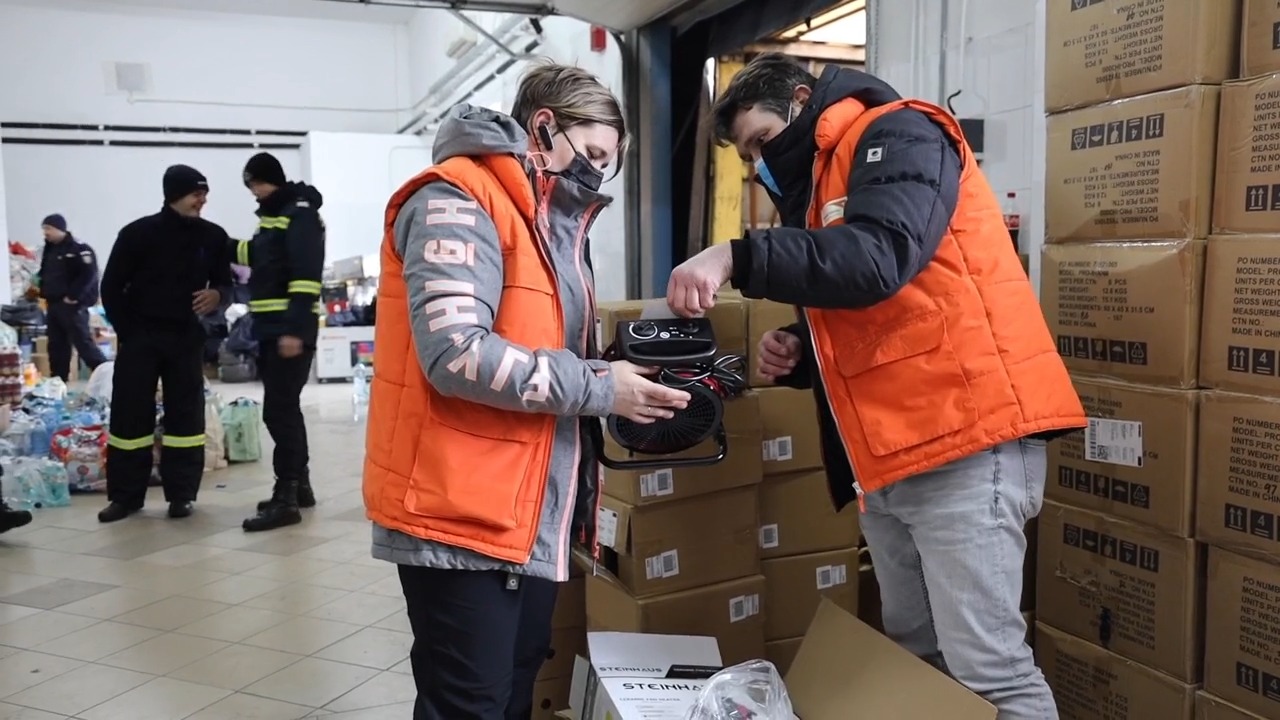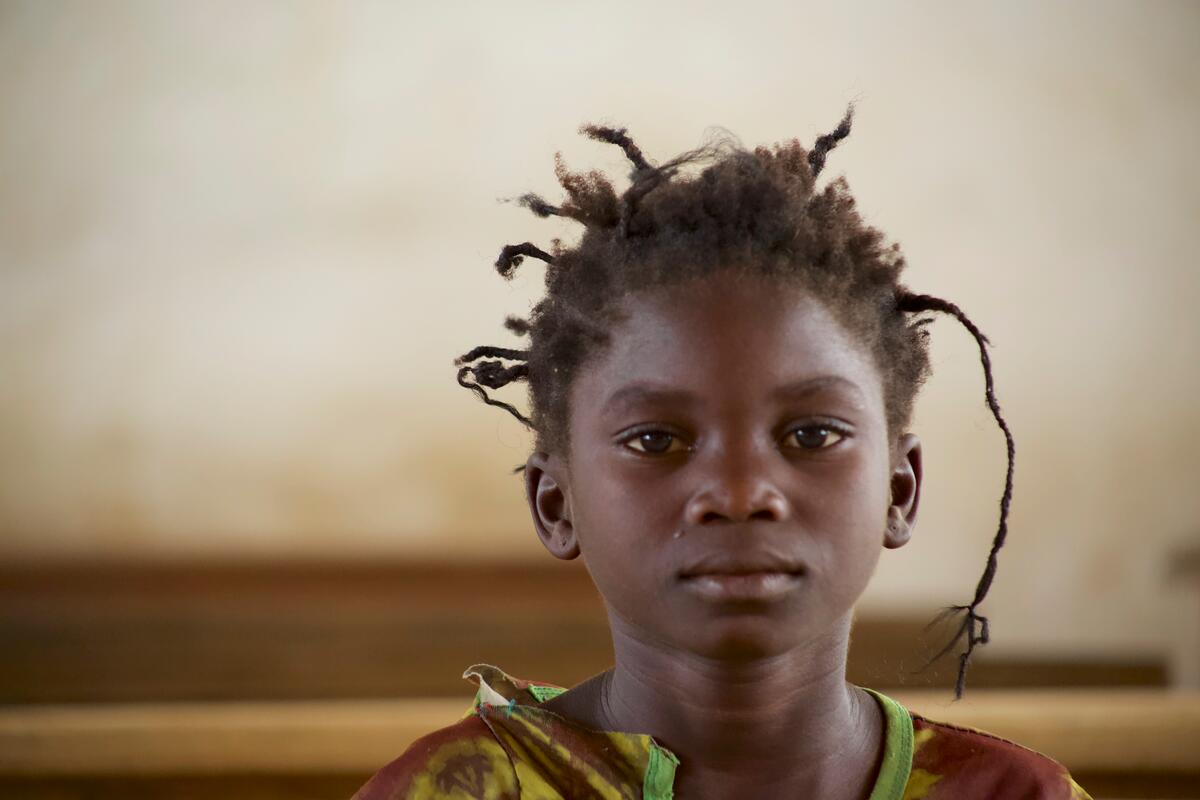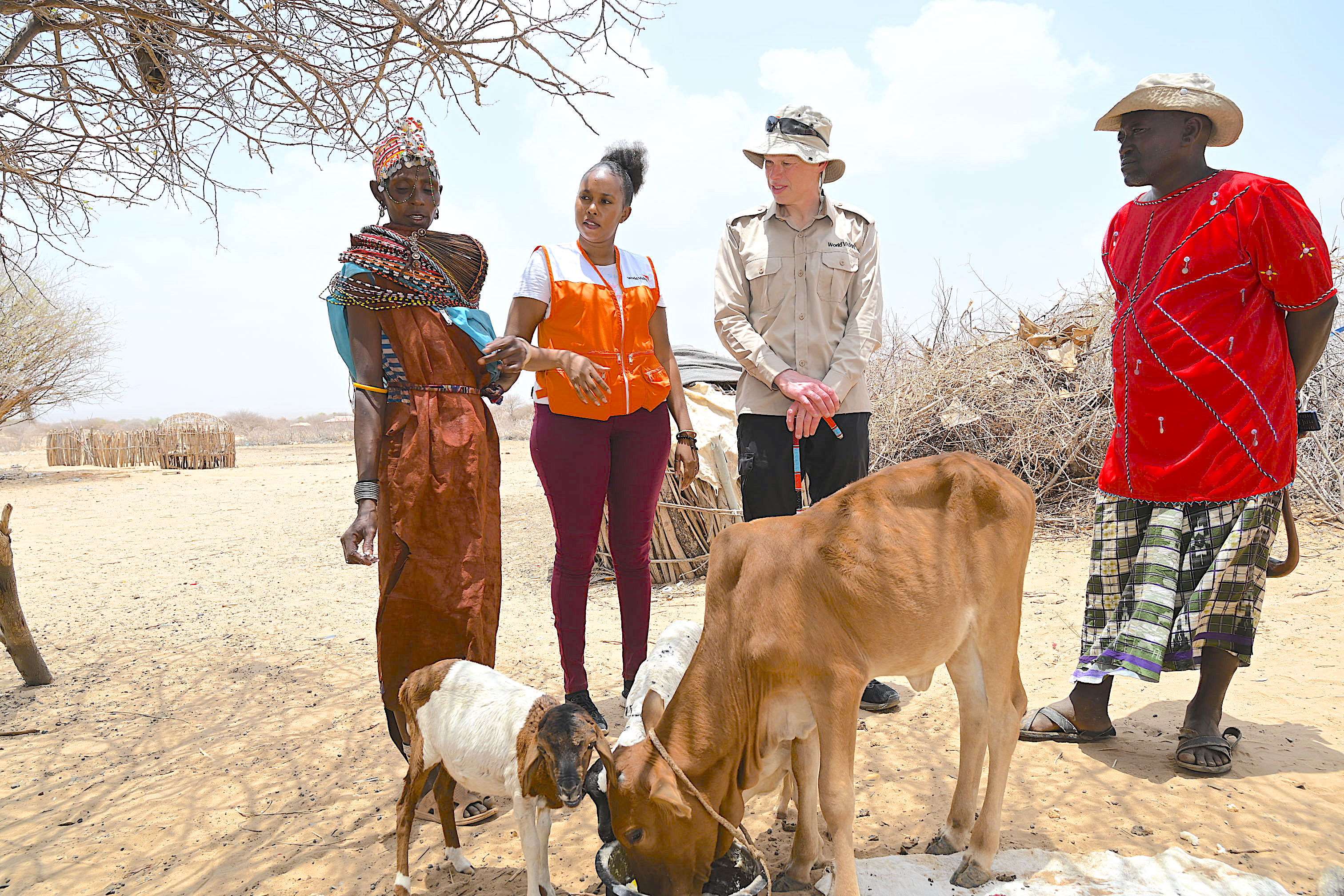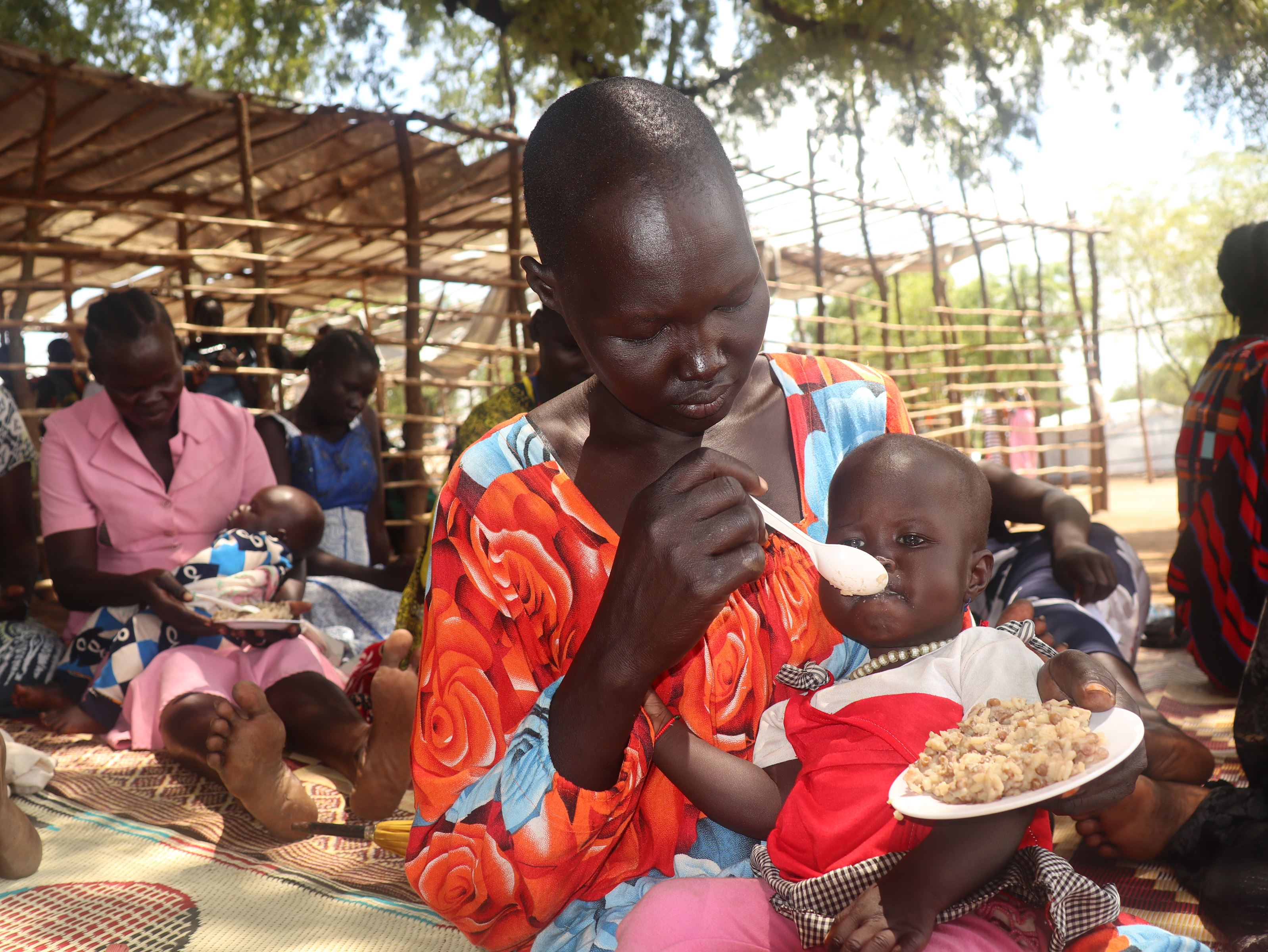War in Ukraine is depleting global food supplies
The irony of leaving fertile fields rot while millions go hungry worldwide.
Dr Kathryn Taetzsch reflects on the scandal of forcing hungry people to leave food-producing fields in Ukraine, denying food to hungry people in Africa.
When I drove through Western Ukraine back in April, there were rich brown fields as far as the eye could see. I was grateful for any tractors I saw ploughing the fresh earth, recently freed from snow and ice. I was pleased at the illusion of agricultural routine. I pretended that everything was normal, held on to the hope that one day that this ploughing would also return to Eastern and Southern Ukraine—one of the world’s ‘breadbaskets’.
In East and Southern Ukraine today, mortars stick out of the ground, landmines are barely hidden, there is unexploded ordnance on the side of the road and in ditches close to many agricultural pathways and roads in this vast land. Rather than life and harvest, these remnants of war bring death both at home and abroad.
Farmers fighting or fleeing
Many of the people who once farmed the fecund land now either fight, or have fled. Farmers, drivers, shopkeepers, business people have now become soldiers or refugees. Forgotten are the rhythms of the farming year, now refugees just put one foot in front of the other and count the seconds and minutes until they are safe from the conflict.
At the Polish/Ukrainian border, I watched as stream of refugees – mostly women and children and some elderly men - walked the last meters, helpful border guards checking their passports, guiding them to a waystation with food, beverages and a waiting bus that to take them to a central reception centre in Poland. From there they faced another journey, or they waited, hoping to connect with other friends and family.
A double blow
The double tragedy of this exodus from Ukraine’s fertile land is that the lack of growing and harvesting has become one of the major contributing factors to an increasing global food insecurity and hunger crisis a world away. Less available food from Ukraine means that countries across Africa are faced with high food costs and more pressure to grow their own. Yet, countries across that continent are facing another season with too little rain, with much hotter temperatures than usual for this time of year. Thanks to climate change, harvests are likely to be meagre.
In parts of the Sahel in West Africa and in East Africa conflict and the socio-economic aftermath of COVID-19 that was already affecting vulnerable children and their families, has been aggravated by the increase in food prices cause, in large part, by the Ukraine conflict. They, and other countries in Africa are faced with rising prices in all areas of life: purchase of fertilisers and other agricultural products, shelter/rent, fuel, transport, and education.
Food out of reach
Between 2018 and 2020, Africa imported 44% of its wheat from Russia and Ukraine. Yet, since the end of February this year, the price of wheat has gone up by nearly 50%. This has pushed it out of reach for many households, but it has also become difficult for humanitarian agencies to purchase required quantities for the increasing number of vulnerable people in need of assistance. This tragedy become a scandal when you find out that approximately 20 million metric tonnes of grain is currently stuck inside Ukraine because of the conflict.
Given globally 45 million people face starvation, this mountain of trapped food could save many lives—especially among those queueing in refugee camps in places like Kenya, Niger, Chad. Or outside of Africa in Jordan or Colombia. There are 20 million refugees worldwide, and 59.1 million internally displaced people. So many people not able to produce food, so many unable to eat regularly—even one meal a day.
Waiting isn’t an option
World Vision recently launched its Global Hunger Response in the 25 most affected countries addressing immediate malnutrition, basic survival needs, and strengthening social safety nets and productive assets to enhance resilience mitigating impact of further impending shocks – to protect and equip children and their families in times of uncertainty and famine.
While we wait and pray for an end to conflict, while we call for action on climate change, while we hope for good governance, we all have to share what we have with those who do have lost everything. So many refugees and internally displaced people had jobs, businesses, productive assets, training, education—all stolen from them.
When, as our report Hungry and unprotected children: The forgotten refugees revealed, 82% of refugees surveyed are not able to meet basic needs required for children to survive, such as food, healthcare or rent, and when more than a third of respondents (35%) reported that their children, who should be growing, had lost weight over the last 12 months, we cannot wait. More must be done, and quickly.
The time to act is now
Your donations will provide vital food supplies to the world's most vulnerable.
Donate
